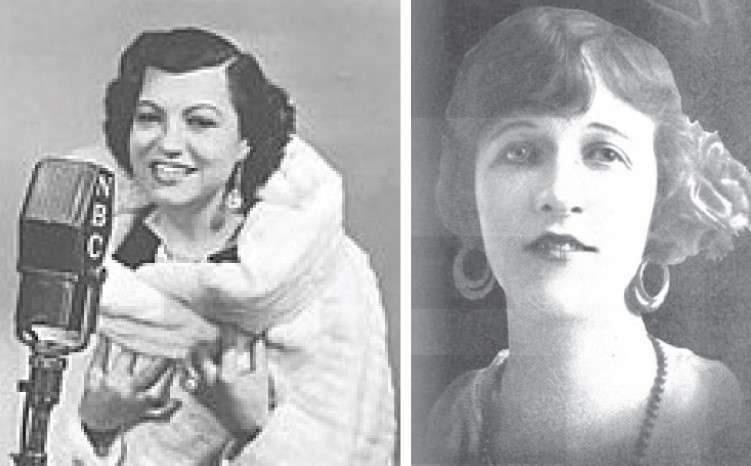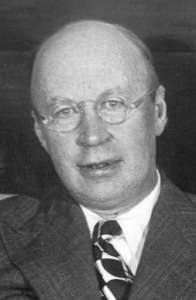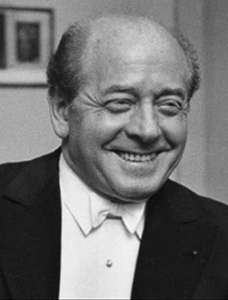REVIEW POTPOURRI: Sopranos Rosa Ponselle & Barbara Maurel; Composer Serge Prokofiev; Conductor Eugene Ormandy; Singer Gene Pitney; Remington
 by Peter Cates
by Peter Cates
Rosa Ponselle
Barbara Maurel
A 1919 Columbia ten inch acoustic 78 rpm shellac has a very lovely duet of sopranos Rosa Ponselle (1897-1981) and Barbara Maurel (1889-?) performing the very well-known funeral hymn Abide With Me, which was often sung as a special number on non-funeral church Sundays by my father and three of his brothers during the GOLDEN DAYS of my little boy years growing up on China Lake’s non-swimming East Vassalboro side.
This and two other recordings of it, the megahit Victor Red Seal 1915 shellac by soprano Alma Gluck (1884-1938) and contralto Louise Homer (1871-1947); and a 1997 YouTube by Leslie Garrett with a magnificently huge choir and orchestra can be heard via YouTube.
Serge Prokofiev
Russian composer Serge Prokofiev (1891-1953) struggled for well over 20 years with his opera War and Peace and subjected it to frequent revisions, especially when cordially requested to do so by the Central Committee of the Stalinist Soviet Union; portions of it were performed a few times in both small and large halls but a full-scale production was delayed until six years after Prokofiev’s death when a 1959 Bolshoi Opera premiere occurred.
A friend, cellist Mstislav Rostropovich (1927-2007), premiered the Cello Sonata and a couple of other pieces. By 1970, Rostropovich had also taken up conducting and, during the mid-1970s after he and his family had been forced to leave the Soviet Union because of his friendship with the exiled novelist Alexander Solzhenitsyn, he was appointed music director of the National Symphony Orchestra of Washington DC.
In 1986, Rostropovich recorded the complete War and Peace in Paris with a cast that included his wife, soprano Galina Vishnevskaya, in one of the lead roles on an Erato set of four compact discs. The music is wide-ranging in its emotions with a massive orchestra augmented by extra brass, percussion and simulated artillery fire sound effects in its depiction of Napoleon’s early 1800s invasion of Russia. There are grand marches, choral numbers, moments of sublime beauty, and the colorfully abrasive rhythms and sonorities that exemplify Prokofiev’s compositional genius.
Eugene Ormandy
A 1957 Columbia Masterworks monaural LP, ML 5261, features the consistently great Eugene Ormandy (1899-1985) conducting the Philadelphia Orchestra in a group of colorful show pieces of classical music- Smetana’s Moldau, Liszt’s Mephisto Waltz, Weber’s Invitation to the Dance, and three excerpts from Berlioz’s Damnation of Faust. The record has been out of print for decades but its contents can also be heard on YouTube.
Gene Pitney
Singer Gene Pitney (1940-2006) achieved much success among adolescents with such early ‘60s rock and roll hits Town Without Pity, and Only Love Can Break A Heart. His 1966 LP Blue Gene (Musicor MM 2006) has his rough-edged but riveting renditions of Burt Bacharach’s 24 Hours From Tulsa – for me, the best item on the album with Bacharach doing the arrangement; the very high quality title song; and covers of I’ll Be Seeing You, Autumn Leaves, Answer Me My Love, Maybe You’ll Be There (a hit for Gordon Jenkins in 1948 on a Decca 78) etc.
Remington
Remington was the first inexpensive classical record label and started issuing its $2 releases in 1951. A 1952 three record set of Verdi’s opera Rigoletto was taped in Florence by names known only to opera buffs but ones who were very good – baritone Ivan Petroff as the hunch-backed, vindictive title character, soprano Orlandina Orlandini as Rigoletto’s daughter Gilda, and tenor Gino Sarri as the Duke who comes courting Gilda on the sly because he is detested by her father.
It is also an opera breathing with phenomenally beautiful arias and other set pieces and choruses and its story line gets on with it.
Erasmo Ghiglia conducted the ensemble of soloists, choristers and orchestral musicians in Florence more than 70 years ago and it too is available for listening on YouTube.
Responsible journalism is hard work!
It is also expensive!
If you enjoy reading The Town Line and the good news we bring you each week, would you consider a donation to help us continue the work we’re doing?
The Town Line is a 501(c)(3) nonprofit private foundation, and all donations are tax deductible under the Internal Revenue Service code.
To help, please visit our online donation page or mail a check payable to The Town Line, PO Box 89, South China, ME 04358. Your contribution is appreciated!






Leave a Reply
Want to join the discussion?Feel free to contribute!